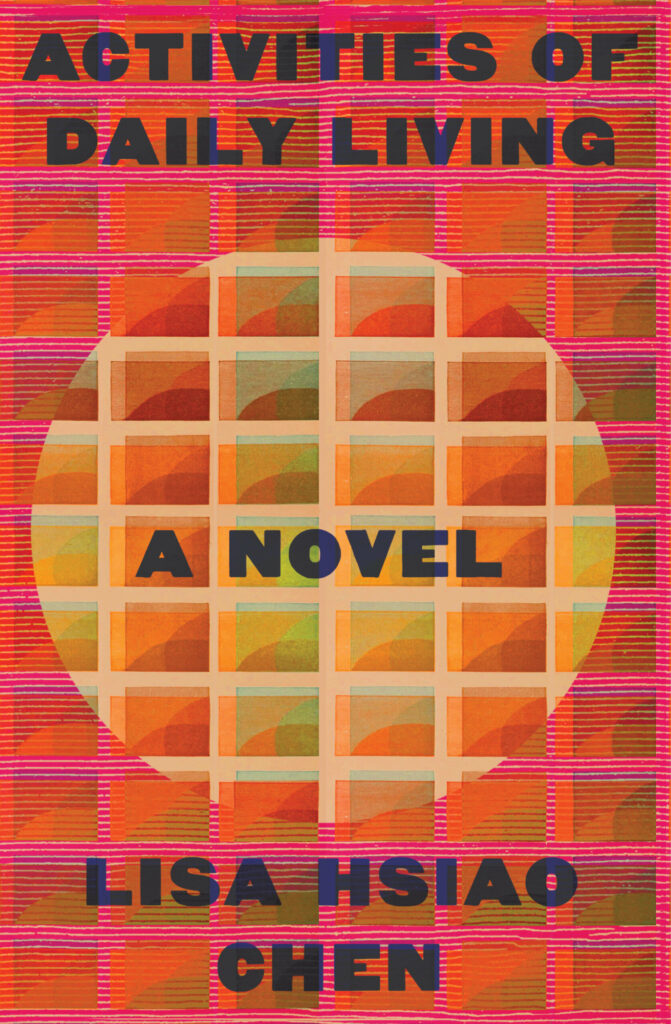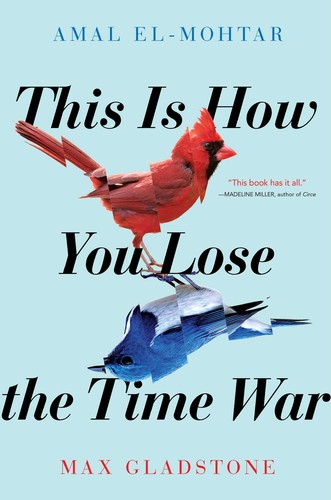Christof started reading An der Grasnarbe by Mirjam Wittig

An der Grasnarbe by Mirjam Wittig
Jetzt hütet Noa also Schafe. Um ihren Angstattacken in der Großstadt zu entfliehen und aus Sehnsucht nach dem einfachen Leben …
Reader of all sorts of fiction, and non-fiction mostly about urbanism, technology, or anything else that piques my curiosity.
For non-book related tooting, you can find me at @[email protected]. And I sometimes write on my personal blog at amble.blog
Got any book recommendations?
This link opens in a pop-up window

Jetzt hütet Noa also Schafe. Um ihren Angstattacken in der Großstadt zu entfliehen und aus Sehnsucht nach dem einfachen Leben …
@[email protected] Würde sich daraus schlussfolgern, dass der Wechsel zwischen 50km/h und 30km/h eher dazu führt dass sich 30km/h so richtig langsam anfühlen und deswegen so oft zu schnell gefahren wird? Also ein gutes Argument für flächendeckendes 30km/h anstatt nur vor Schulen, Kitas, etc.
@[email protected] I'd love for all the newly found "law & order" types to apply law & order to traffic violations too!
We speak of vulnerable road users, but they’ve only been vulnerable since the advent of fast traffic with big, heavy vehicles. Why don’t we call those fast, heavy vehicles dangerous road users?
— Movement by Thalia Verkade (Page 203)
Roland Kager, a multimodal transport researcher
But it feels important to share this lesson from the Netherlands: while bicycle lanes can make life in cities better, they can also easily reinforce the idea that streets are designed for fast-moving traffic. If there is no debate on what public space is for, they may simply become part of conventional car logic.
— Movement by Thalia Verkade (Page 202)
The idea of a 30km/h limit came to us from Germany. Put a 30km/h sign on a German road and the locals will stick to it. It’s not the same here.
— Movement by Thalia Verkade (Page 188)
According to André Pettinga. But let me assure you, almost nobody actually only drives 30km/h here in Germany, at least not nowadays. Traffic rules are more and more a mere suggestion to German drivers.
Victims of road violence come by car to an event commemorating victims of road violence, and no one sees how crazy that is. It's just a case of 'there's no alternative'. We can send rockets to Mars, we can clone animals, and we can electrify the whole world. But transforming traffic is beyond us.
— Movement by Thalia Verkade (Page 131)
I bite my tongue. It feels as if these victims have been punished twice: first by the tragedy itself, then by the way society talks about it, putting the onus on vulnerable road-users to be more careful. This mother is really saving children's lives – it may genuinely help if people remain alert when they're out and about. But why has no one here said it's insane that it is so easy to die in the streets around your home, the streets where you hang out, the streets you walk or cycle through on your way to wherever you want to be?
— Movement by Thalia Verkade (Page 129)
The author reflects as she's attending a yearly meeting for traffic accident victims and their families left behind.

“From the making of art to the making of families, Lisa Hsiao Chen makes us realize the great beauty and …
But the rationale for this rule is that a road user with a car is in a privileged position the moment they get behind the wheel; they can go faster. It's only fair for this privilege to bear a price. By reversing the burden of proof, the Dutch – in contrast to the Americans – opted to protect a person who is not operating a dangerous vehicle in public space from those who are.
— Movement by Thalia Verkade (Page 106)
Netherlands' liability law automatically assigns a car driver 50 per cent liability, when the victim is a child up to the age of 14, then automatically 100 per cent.
The traffic liability law gradually acquired more substrance through court judgments. In the last quarter of the 20th century, for instance, the Netherlands Supreme Court rules that in the event of a collision between a motor vehicle and a non-motor vehicle, or with a pedestrian, the motorist automatically bears 50 per cent liability. In collisions involving children up to the age of 14, the motorist's liability rises to 100 per cent, regardless of the degree of responsibility of the victim. That is the rule today.
— Movement by Thalia Verkade (Page 105 - 106)
'In the mid-1960s, the Ministry of Transport and Water Management set up its own traffic engineering service. This produced a manual called Motorway Design Guidelines , a Dutch version of the Highway Capacity Manual. Then they came out with the Non-Motorway Design Guidelines, which was based on the first manual. See how it works?'
— Movement by Thalia Verkade (Page 94)
Marcus Popkema from the Windesheim University of Applied Sciences in Zwolle
@[email protected] thanks for the link, that's super interesting!

Two time-traveling agents from warring futures, working their way through the past, begin to exchange letters—and fall in love in …